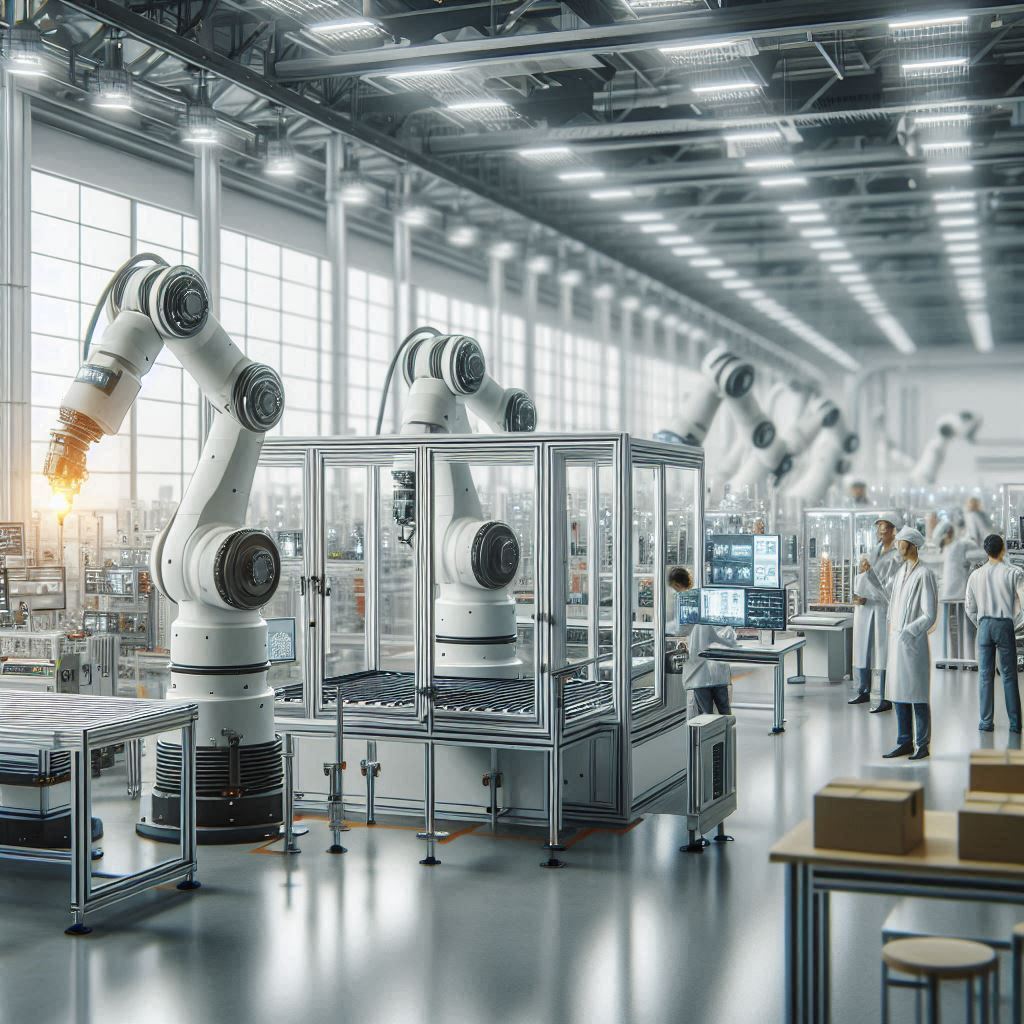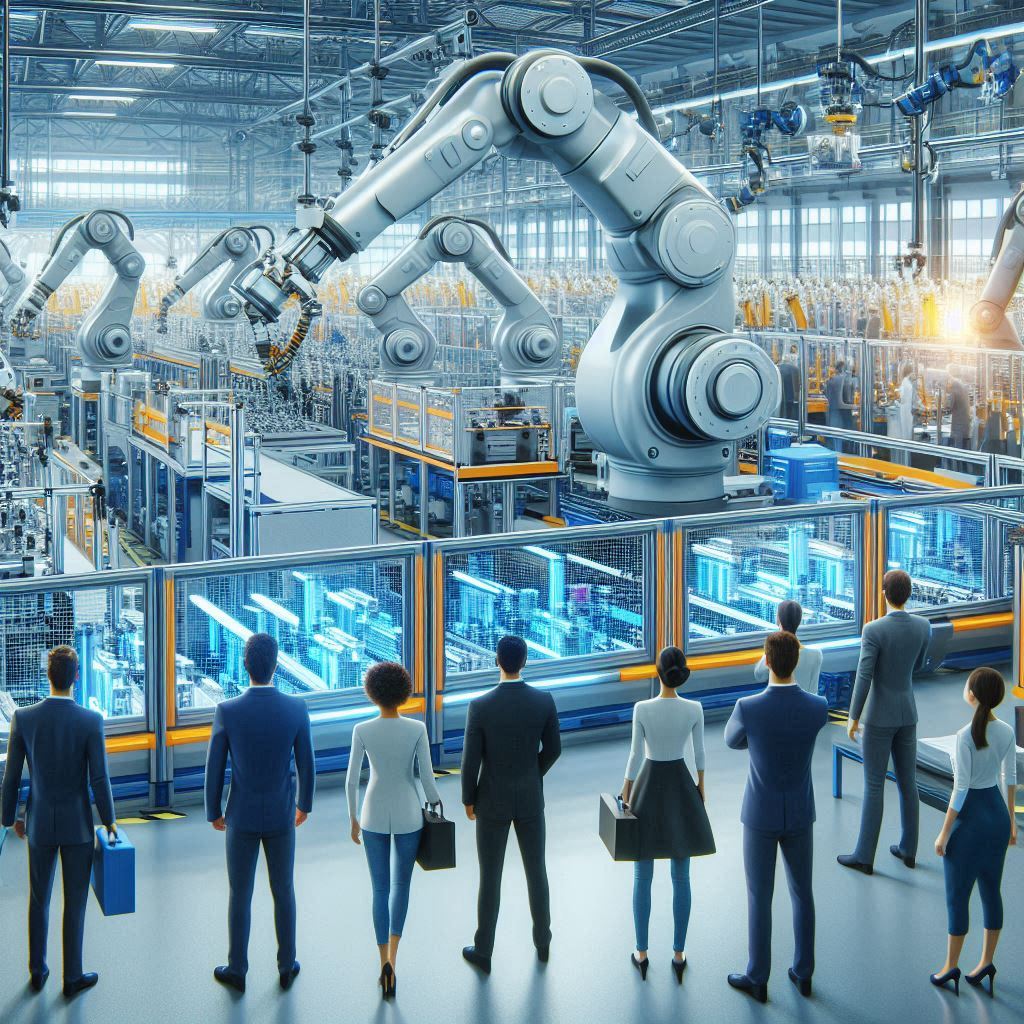Blog: Industrial Automation – Transforming the Future of Manufacturing
Industrial automation has revolutionized the way industries operate, bringing efficiency, precision, and cost-effectiveness to manufacturing processes. From robotic arms in assembly lines to AI-driven predictive maintenance, automation is reshaping the global industrial landscape. But with progress comes challenges—how does automation impact human labor, and what does the future hold?

The Pros of Industrial Automation
Enhanced Productivity Automation accelerates production processes by eliminating manual labor inefficiencies, leading to faster output with minimal errors.
Cost Reduction While the initial investment in automation technology is high, businesses benefit from long-term savings due to reduced labor costs and lower operational expenses.
Improved Safety Dangerous tasks that pose risks to workers can be delegated to automated systems, thereby improving workplace safety.
Quality & Precision Machines maintain consistent accuracy, minimizing defects and ensuring standardized product quality.
Scalability Automated systems adapt easily to increasing production demands without requiring extensive workforce expansion.

The Cons of Industrial Automation
High Initial Costs Implementing advanced automation technologies involves substantial upfront investment in machinery, software, and training.
Job Displacement With machines replacing manual labor, workers in traditional roles face potential job losses, requiring a shift in skill sets.
Dependence on Technology Over-reliance on automation can create vulnerabilities, especially if a system malfunctions or is affected by cybersecurity risks.
Limited Flexibility Automated systems excel in repetitive tasks but often struggle with adaptability compared to human workers.

Applicability of Industrial Automation Today
Currently, industries worldwide are leveraging automation in manufacturing, logistics, healthcare, agriculture, and even retail. AI-driven supply chain management ensures efficiency, while autonomous robots improve productivity in warehouses. Smart sensors monitor production lines, reducing downtime and optimizing resources. Automation isn't limited to industrial settings—it extends to service sectors, such as AI-powered chatbots and automated customer service.
The Future Outcome of Industrial Automation
With rapid advancements in artificial intelligence, IoT, and machine learning, the future of automation will lead to hyper-connected smart factories. Collaborative robots (cobots) will work alongside humans, enhancing productivity without eliminating the workforce entirely. Innovations such as quantum computing and edge AI will enable industries to optimize operations in real time. The rise of autonomous vehicles and drone technology will further reshape logistics and transportation.
Impact on Manpower & Possible Replacement
While automation inevitably replaces some manual roles, it also creates opportunities in advanced fields, such as robotics programming, AI engineering, and cybersecurity. The transition requires reskilling the workforce—adaptation is key. Governments and industries must invest in education and training programs to equip workers with future-ready skills.
Rather than a complete replacement of human labor, the future is likely to see a blend of human expertise and machine efficiency, fostering innovation and streamlined operations.






